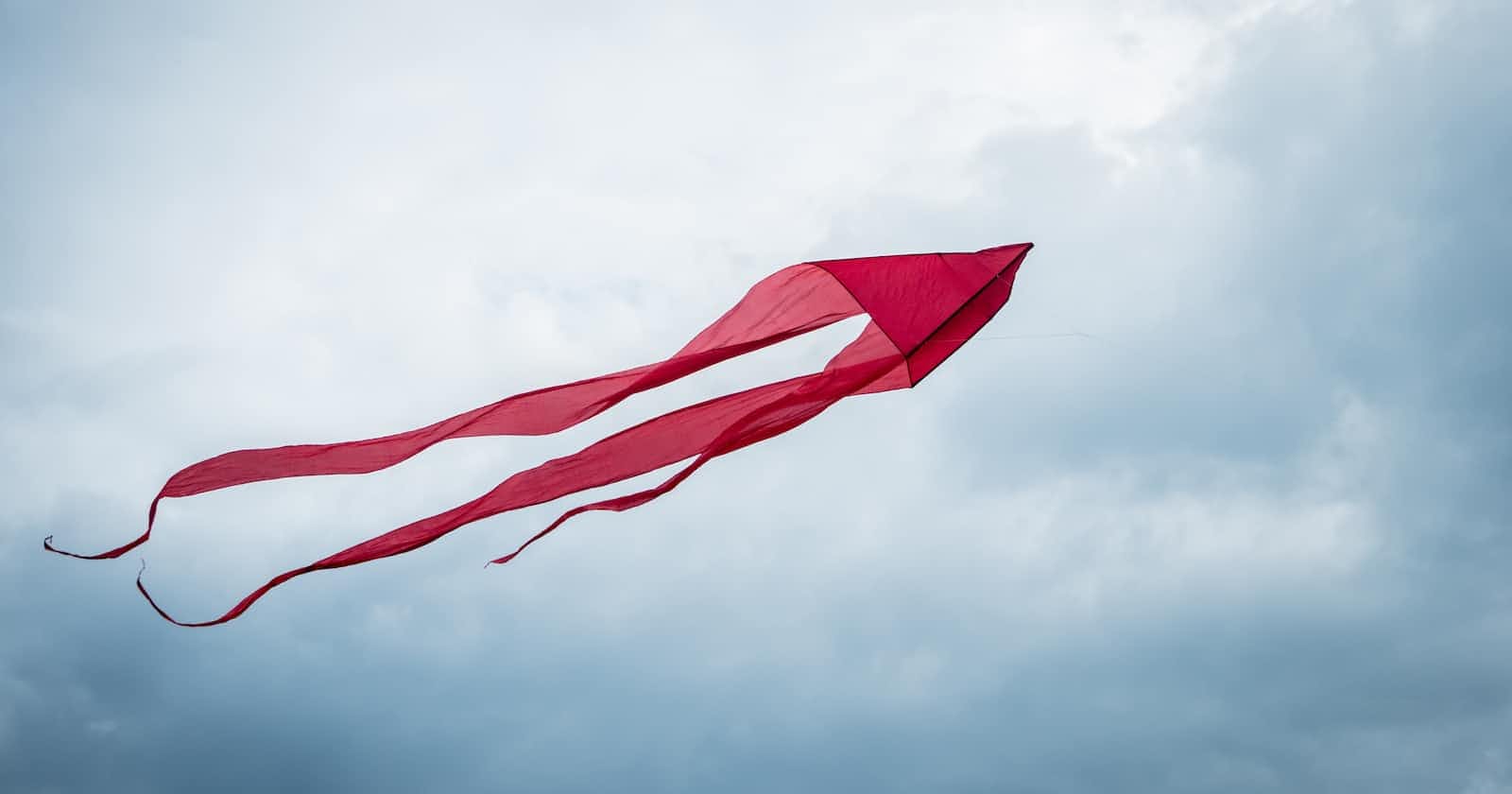Alaska Air Group Inc announced on Sunday its plans to acquire Hawaiian Holdings Inc for $1.9 billion, encompassing debt, in a strategic move to invest in a troubled airline boasting lucrative routes. The acquisition comes amid U.S. antitrust regulators' efforts to combat consolidation in the airline industry.
Alaska Air is set to pay $18 per share in cash, a substantial premium closely tied to Hawaiian's Friday closing price, which reflects the challenges the latter has faced, including Maui wildfires, high fuel costs, and jet engine recall issues that led to a 65% drop in its share price over the past year.
Given the current antitrust landscape, the deal is expected to face regulatory scrutiny, especially with ongoing challenges against JetBlue Airways Corp's proposed $3.8 billion acquisition of Spirit Airlines Inc.
Despite concerns, Alaska Air, valued at $5.1 billion, sees the Hawaiian acquisition as an opportunity to control over 50% of the market for Hawaii flights, a popular tourist destination. Alaska Air CEO Ben Minicucci expressed confidence in regulatory approval by the end of 2024, emphasizing that the airlines only overlap on 12 out of the 1,400 flights they collectively operate.
Alaska Air defended its 270% premium offer, highlighting that the deal values Hawaiian at 0.7 times its annual revenue, significantly below the industry average of 1.7 times. The company anticipates a minimum of $235 million in annual savings. xxxxxxxxxx
Hawaiian, despite facing challenges such as a net loss of $159.3 million in the first nine months of 2023, brings a long history of profitability, with operating margins fluctuating in the mid-teen percentages between 2010 and 2019.
The acquisition is expected to result in high single-digit earnings gains for Alaska Airlines within the first two years, with no significant impact on long-term balance sheet metrics. The combined company, led by Minicucci, will be based in Seattle, with Honolulu becoming a key hub for Alaska Airlines.
The International Association of Machinists and Aerospace Workers (IAM), a trade union representing 600,000 manufacturing and aerospace employees, expressed its commitment to protecting the rights of members at both carriers.


